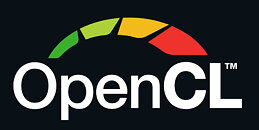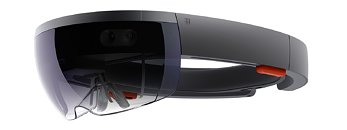
Khronos Group Launches Slang Initiative, Hosting Open Source Compiler Contributed by NVIDIA
The Khronos Group, an open consortium of industry leaders in interoperability standards, has announced the launch of the new Slang Initiative. This initiative will oversee and advance the open-source Slang shading language and compiler, building on 15 years of research, development, and deployment experience. Supported by NVIDIA since 2017, Slang has been widely adopted in production projects across the industry.
Slang empowers real-time graphics developers with innovative features that complement existing shading languages, including modular code development, portable deployment to multiple target APIs, and neural computation in graphics shaders. Hosting under multi-company governance at Khronos will enable and foster industry-wide collaboration to drive Slang's continued evolution.
Slang empowers real-time graphics developers with innovative features that complement existing shading languages, including modular code development, portable deployment to multiple target APIs, and neural computation in graphics shaders. Hosting under multi-company governance at Khronos will enable and foster industry-wide collaboration to drive Slang's continued evolution.











